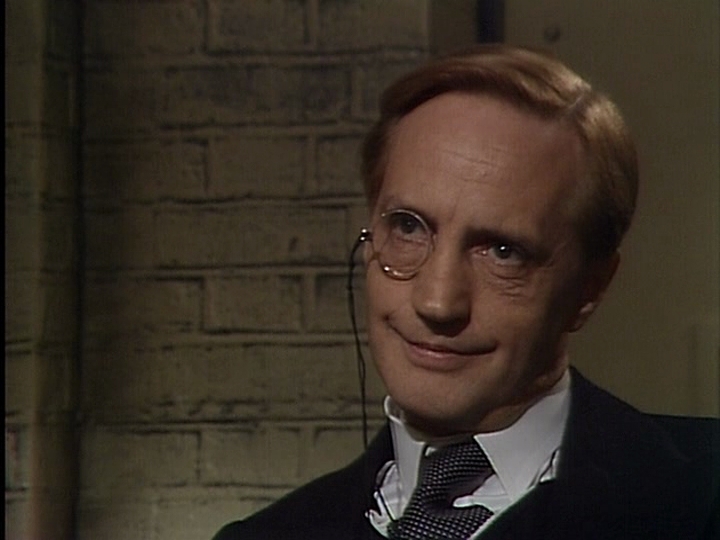Thursday
We’re currently vacationing in our Maine cottage, built by my great-grandmother Sarah Ricker atop Ricker Hill Orchards in 1902. My cousins (third cousins) still run the farm, which has been in operation since 1803, so history runs deep.
On our Maine vacations we ritually read or reread books that we might not pick up during the regular year, so I selected at random a Dorothy Sayers mystery. I’ve probably read Five Red Herrings before but so long ago that I don’t remember it. I won’t spoil the ending but have a couple of things to say about it.
First of all, Lord Peter Wimsey seems to be one of those characters that readers either hate or aspire to be. W. H. Auden, reacting against British class snobbishness, couldn’t stand him, but I like the way that he turns to literature time and again to process events. While his literary quotations may come across as affectation, I see them revealing Sayers’s deep love of the classics. It’s great sport to see how many quotations one can identify, and have I noticed Tennyson, Lovelace, Byron, Shakespeare, and a lot of Lewis Carroll.
Five Red Herrings also helps us understand why Donald Trump seems able to evade his pursuers time and again, at least so far. I know this sounds farfetched so hold on as I explain.
Five Red Herrings could be called a meta-detective story in that it alludes to how such whodunits are constructed. A skilled writer will provide essential clues early on but distract the reader with red herrings, the term originating in an animal rights strategy to disrupt fox hunts. Apparently activists would drag dead fish across the ground to throw the hounds off the scent.
In this novel, Sayers is very open about the red herrings she pulls across our path. An artist in a community of artists has been murdered and there are six possible suspects, each with a vendetta against the murder victim and each with a wildly implausible alibi. We become more and more confused as the book proceeds.
Trump has been engaging in his own red herring strategies to throw off Special Prosecutor Robert Mueller. One has been to “muddy the waters,” creating as much confusion as possible to take people’s minds off of whether he colluded with Russia to win the election. Basically, he’s counting on a distractable electorate.
Think of some of the issues that have been seizing the spotlight. First of all, there are attacks on the investigation itself, along with attempts to undermine the FBI, the Department of Justice, and the other investigative agencies. There are stories of women that Trump has paid off; international incidents in which he insults long-time allies and praises long-time foes; threats of war against North Korea and Iran; scandals involving family, friends, and officials; and crazy tweets that sound like high school insults. When all else fails to take our minds off of collusion with Russia, the president attacks Hillary and NFL football players.
Experienced prosecutors say that Trump’s spokespeople shouldn’t be talking about the case the way they are, that they are just making things worse for Trump, but are they right? What if Rudy Giuliani is helping the president with his wildly contradictory defenses, which sometimes all but admit the initial infraction. The president, of course, has operated the same way, coming up with a different explanation every month for, say, why he fired FBI head James Comey.
Will such a strategy work? In Sayers’s novel, red herrings throw the police off the scent for almost 250 pages, which is what the writer intends. At one point, the chief inspector throws up his hands and wants to arrest everybody, which of course would mean arresting five innocent men along with the one guilty. Like Trump critics, everyone in the novel has a theory about which crazy action is the most important one, and everyone can spin out a convincing case about why his theory is right and the others are wrong.
We can only hope that, while everyone else is running in circles, Mueller is like Wimsey, keeping his eye on the crime that has set the story in motion. Although nothing alike in most particulars, like Wimsey Mueller keeps his cards close to the vest and, like Wimsey, time and again he proves to be a step ahead of everyone else. If this is a conventional mystery, in the end he will set forth a compelling theory that will convince everyone.
I don’t think I’m revealing too much when I say that, in Red Herrings, Wimsey figures out that the culprit must be the one with the most plausible alibi. In other words, he resists false scents as he cuts through the BS. In Trump’s case, the simplest explanation for his love affair with Vladimir Putin may be the truth: that he’s owes the Russian leader for helping him win the election. We will see.
Sayers wrote in the so-called “golden age of detective fiction,” a time that featured “soft-boiled detectives” whose intelligence and humanity always prevailed. Justice would become much more problematic for the hard-boiled detectives of Dashiell Hammett and Raymond Chandler, and today we have post-modern detective fiction where truth is even more elusive.
Still, the heirs of Sayers and Agatha Christie rule the bestseller lists—I’m thinking of writers like Donna Leon, Louise Penny, and Nevada Barr—which shows how much we want to believe in the genre. Most of the world is hoping that Mueller proves as successful as Wimsey, identifying the guilty parties and bringing them to justice. Each week reads like a new chapter, only in our case the stakes are much greater.


